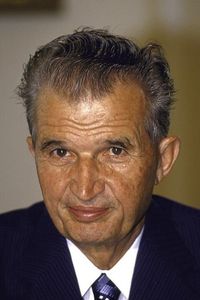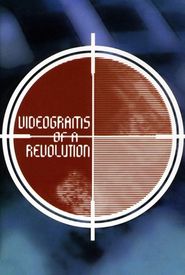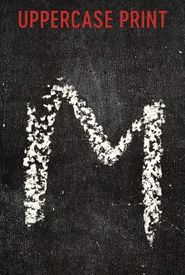Nicolae Ceausescu, a Romanian communist politician and notorious dictator, left an indelible mark on his country's history. From 1965 until his downfall in 1989, he held the influential position of general secretary of the Romanian Communist Party, serving as the second and final Communist leader of Romania. Furthermore, he assumed the role of head of state in 1967, initially as President of the State Council and later, from 1974, as President of the Republic, exercising absolute power over the nation until his dramatic overthrow and execution during the Romanian Revolution in December 1989. This pivotal event was part of a broader wave of anti-Communist uprisings that swept across Eastern Europe that year.

Nicolae Ceausescu
Deceased · Born: Jan 26, 1918 · Died: Dec 25, 1989






















